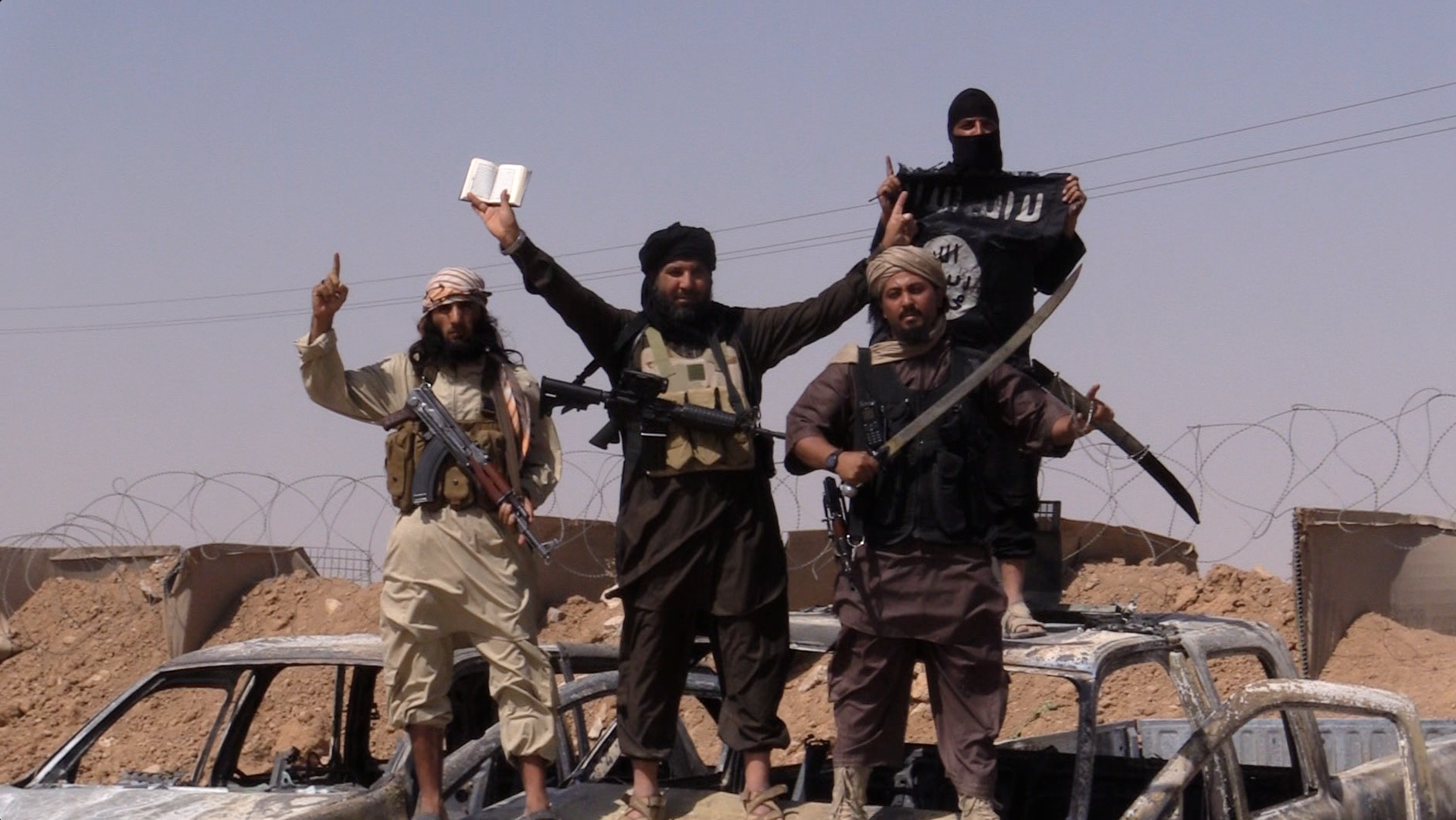AUSTRALIA TO JOIN US IN STRIKING IS IN IRAQ, BUT NOT IN SYRIA
Islamic State militants

NEW DELHI: Australia will join the United States and its allies in launching air strikes against Islamic State (IS) militants in Iraq. Speaking after Australia’s National Security Committee and its full cabinet met, Prime Minister Tony Abbott said, “I want to reassure the Australian people that it will be as long as it needs to be, but as short as it possibly can be,” albeit adding that the deployment would be “certainly months rather than weeks.”
Abbott however, ruled out joining the US-led coalition’s operation in Syria, for the time being. The strikes follow a four step expanded strategy against the IS that was outlined by US President Obama during a speech given on the eve of September 11. The strategy involves air strikes, support to on-the-ground partner forces, counter terrorism efforts and humanitarian assistance.
The new strategy has not gotten approval from the US Congress as yet, with the Obama administration maintaining that it has the authority to act independently. However, as pointed out by The Citizen in a previous report, this authority stems from two key Authorizations for Use of Military Force (AUMFs): a 2001 authorisation to act against the Al Qaeda and a 2002 authorisation for the Iraq war. The Obama administration has thus far called for the appeal of the 2002 Iraq authorisation, but may need to fall back on it as the link between the Islamic State and Al Qaeda is now tenuous, with both having denounced each other, thereby bringing into doubt the applicability of the 2001 authorisation. The 2002 authorisation is also not a blanket approval, as Congress will have to decide whether this campaign against the IS constitutes a new war in Iraq, or whether an authorisation formulated in 2002 can still apply.
Nevertheless, the Obama administration is having no trouble finding allies for the strategy, with the UK joining a host of other countries that have given their nod of approval. France was one of the first countries to express support, with French Foreign Minister Laurent Fabius saying “In Iraq... we support the formation of an inclusive government. We will participate if necessary in an aerial military action.”
The US also received support from ten Arab countries: Egypt, Iraq, Jordan, Lebanon and six Gulf states including Saudi Arabia and Qatar. "The participating states agreed to do their share in the comprehensive fight against ISIL, including ... as appropriate, joining in the many aspects of a coordinated military campaign against ISIL," a statement, following a meeting between Arab countries’ leaders -- which excluded Iran and Syria -- and US Secretary of State John Kerry said.
However, Germany ruled out the prospect of taking part in air strikes in Iraq or Syria. "To be quite clear, we have not been asked to do so and neither will we do so," German Foreign Minister Frank-Walter Steinmeier said at a news conference in Berlin. Germany however, is already providing equipment to Kurdish fighters battling IS militants in Iraq.
There has been criticism of the US’ strategy, albeit limited, especially in regard to its applicability to Syria. In his speech, Obama indicated that the strikes apply to Syria as well, when he said, “I have made it clear that we will hunt down terrorists who threaten our country, wherever they are. That means I will not hesitate to take action against ISIL in Syria as well as Iraq.”
The Syrian government immediately responded with a warning that any foreign intervention in the country will amount to a an act of aggression unless it is approved by Damascus. Ali Haidar, minister of national reconciliation affairs, speaking to reporters in the Syrian capital, said, “Any action of any type without the approval of Syrian government is an aggression against Syria. There must be cooperation with Syria and coordination with Syria and there must be a Syrian approval of any action whether it is military or not."
Russia following with a strong condemnation as well saying that such an action would be a “gross violation” of international law. "The US president has spoken directly about the possibility of strikes by the US armed forces against Isis positions in Syria without the consent of the legitimate government," Russian Foreign Ministry spokesperson Alexander Lukashevich said. "This step, in the absence of a UN security council decision, would be an act of aggression, a gross violation of international law."



